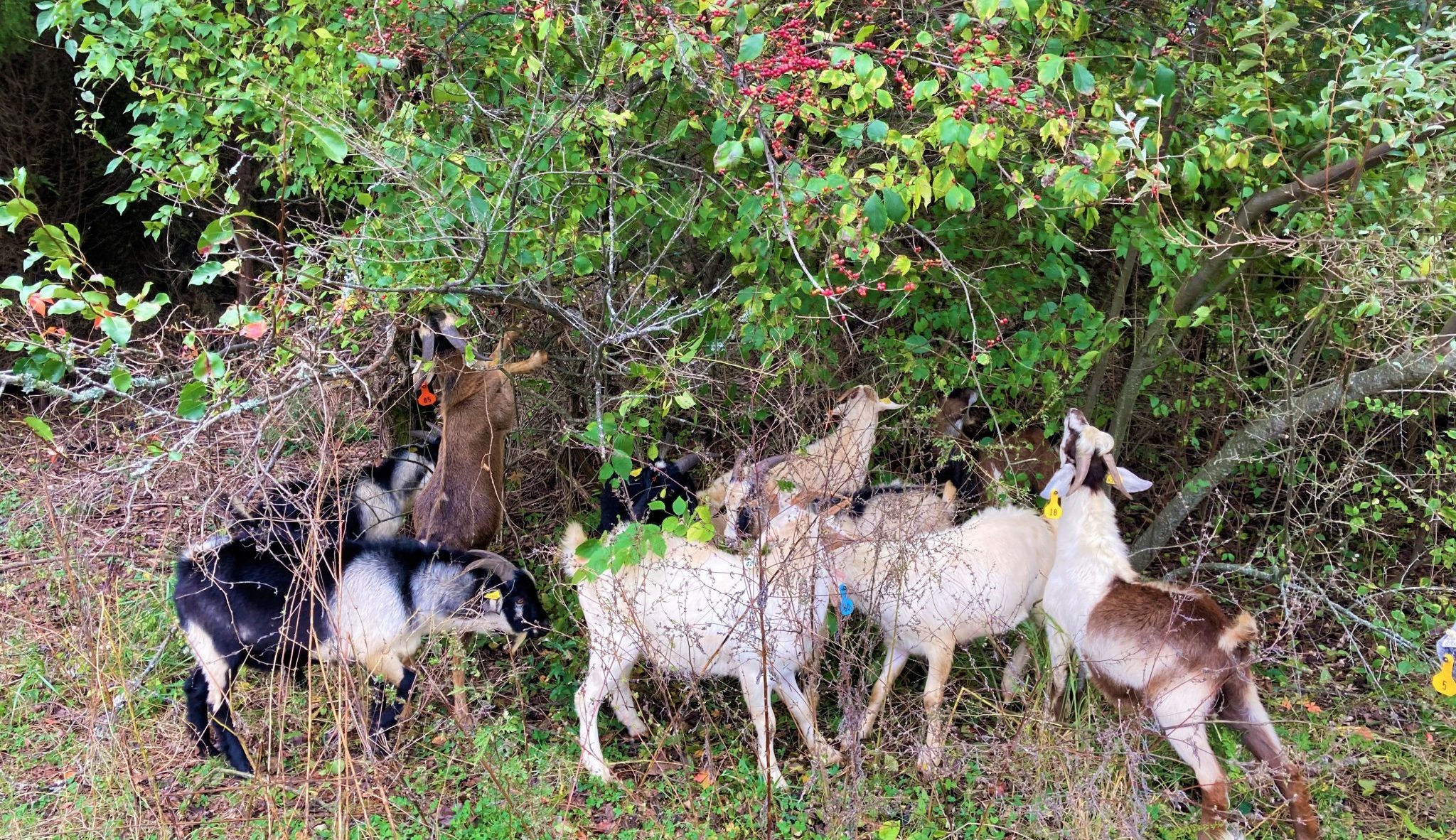Goats are known for their curious nature and tendency to nibble on various plants. While goats have a diverse diet, there are certain garden plants that can be toxic to them. It is essential for goat owners to be aware of these poisonous plants to prevent any harm to their beloved animals.
1. Rhododendron
Rhododendrons are popular ornamental shrubs that produce beautiful flowers. However, all parts of the rhododendron plant, including the leaves and flowers, contain toxins that can be harmful to goats if ingested. Symptoms of rhododendron poisoning in goats may include drooling, diarrhea, and difficulty breathing.
2. Azalea
Azaleas are closely related to rhododendrons and also contain toxic compounds. Ingesting azalea plants can lead to symptoms such as vomiting, weakness, and abdominal pain in goats. It is crucial to keep these plants out of reach of your goats to prevent poisoning.
3. Oleander
Oleander is a highly toxic plant that is dangerous to goats if consumed. All parts of the oleander plant, including the leaves and flowers, contain cardiac glycosides that can disrupt the heart function of goats. Symptoms of oleander poisoning may include colic, tremors, and irregular heartbeat.

Credit: www.aces.edu

Credit: backyardgoats.iamcountryside.com
4. Lily of the Valley
Lily of the Valley is a fragrant flowering plant that is toxic to goats when ingested. The plant contains cardiac glycosides that can affect the heart and cause symptoms such as vomiting, diarrhea, and decreased heart rate in goats. It is best to keep goats away from this plant to avoid poisoning.
5. Yew
Yew plants are commonly found in gardens and landscaping but are toxic to goats if consumed. The entire yew plant, including the needles and seeds, contains toxins that can be fatal to goats. Symptoms of yew poisoning may include trembling, difficulty breathing, and sudden death.
6. Foxglove
Foxglove is a tall, bell-shaped flowering plant that is toxic to goats when ingested. The plant contains cardiac glycosides that can cause symptoms such as drooling, convulsions, and cardiac arrhythmias in goats. It is important to remove foxglove from areas accessible to goats.
7. Castor Bean
Castor bean plants are known for their toxic seeds, which contain ricin, a deadly poison. Goats that ingest castor bean seeds may experience symptoms such as abdominal pain, excessive thirst, and convulsions. It is crucial to prevent goats from accessing these plants.
8. Nightshade
Nightshade plants, including species such as deadly nightshade and bittersweet nightshade, are toxic to goats if consumed. The plants contain alkaloids that can lead to symptoms such as dilated pupils, tremors, and respiratory distress in goats. Keep nightshade plants away from your goats.
9. Buttercups
Buttercups are common wildflowers that are toxic to goats when ingested. The plants contain a toxin called ranunculin, which can cause mouth ulcers and gastrointestinal irritation in goats. It is best to remove buttercups from pastures and grazing areas.
10. Hemlock
Hemlock plants, including poison hemlock and water hemlock, are highly toxic to goats if ingested. The plants contain alkaloids that can cause symptoms such as tremors, seizures, and respiratory failure in goats. Hemlock should be eradicated from areas where goats graze.
Frequently Asked Questions
What Garden Plants Are Poisonous To Goats?
Goats should avoid azaleas, rhododendrons, and lilies, as these can be toxic to them.
How Can I Protect My Goats From Poisonous Plants?
Secure your garden with fencing and remove any toxic plants to prevent goats from accessing them.
Are There Any Common Ornamental Plants That Are Poisonous To Goats?
Yes, some common ornamental plants like daffodils, oleander, and foxglove are poisonous to goats.
What Are The Symptoms Of Plant Poisoning In Goats?
Symptoms may include diarrhea, weakness, tremors, and difficulty breathing if goats consume toxic plants.
Conclusion
As a goat owner, it is crucial to be aware of the garden plants that are poisonous to goats. By familiarizing yourself with these toxic plants and taking steps to prevent goats from accessing them, you can help protect your animals from potential harm. Always consult with a veterinarian if you suspect that your goats have ingested a poisonous plant to ensure prompt treatment and care.
